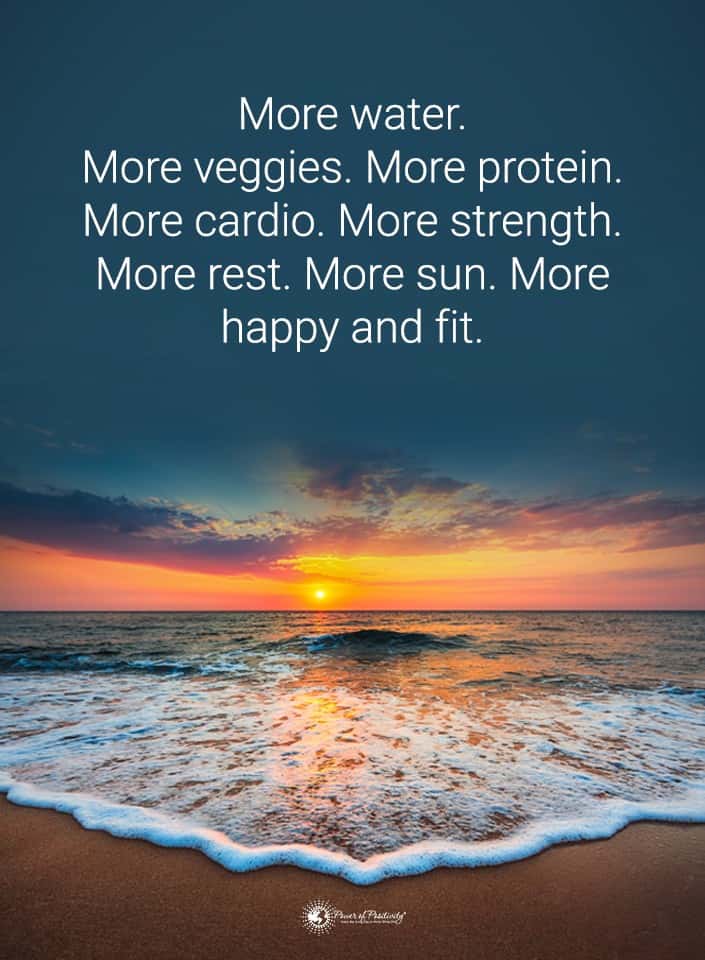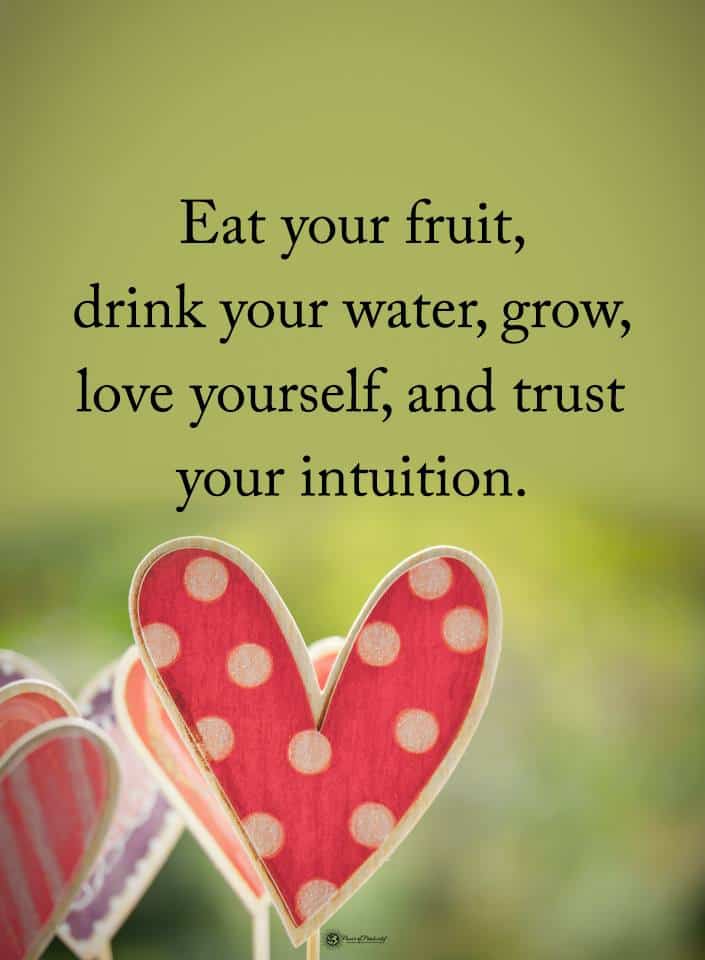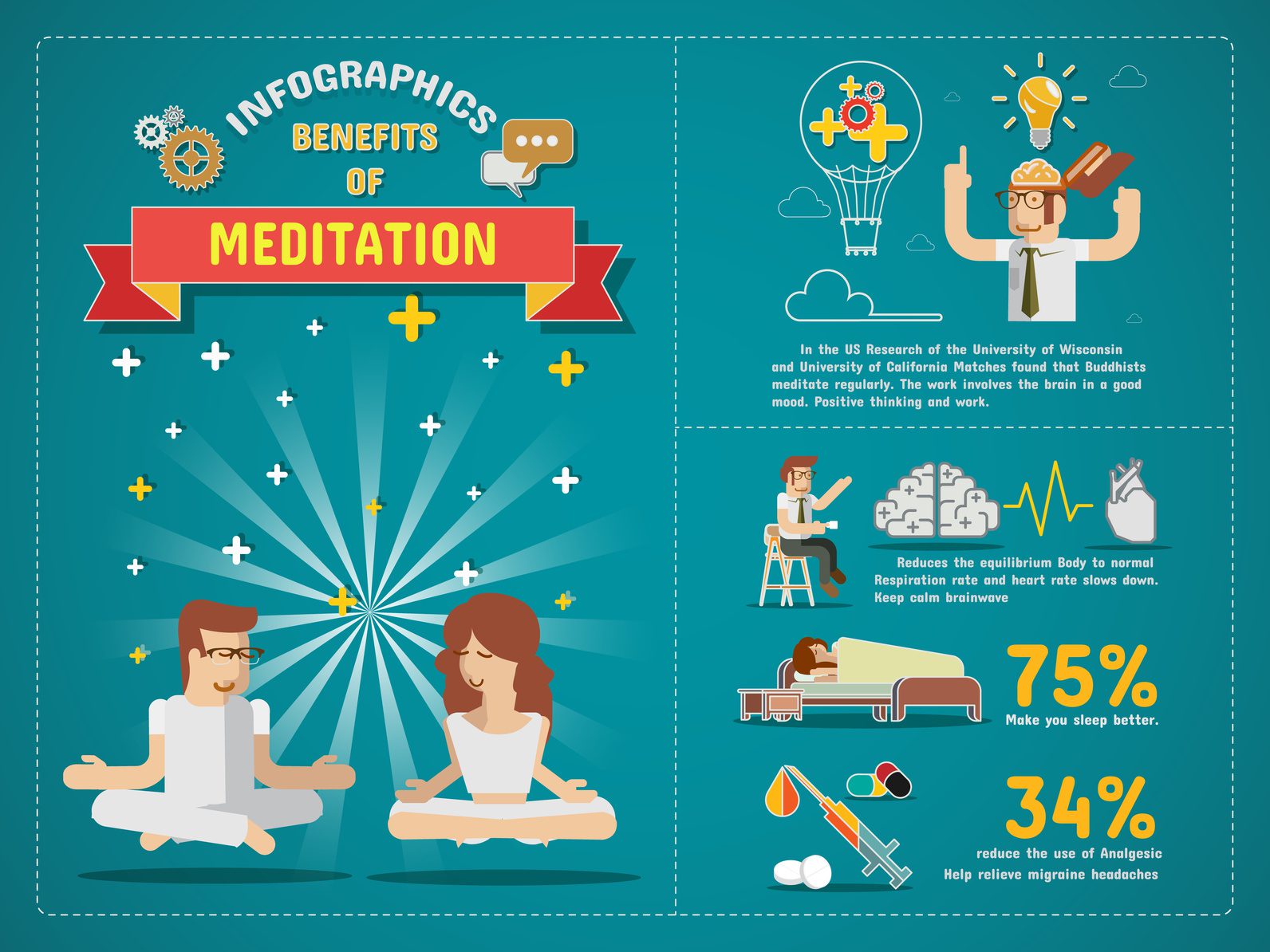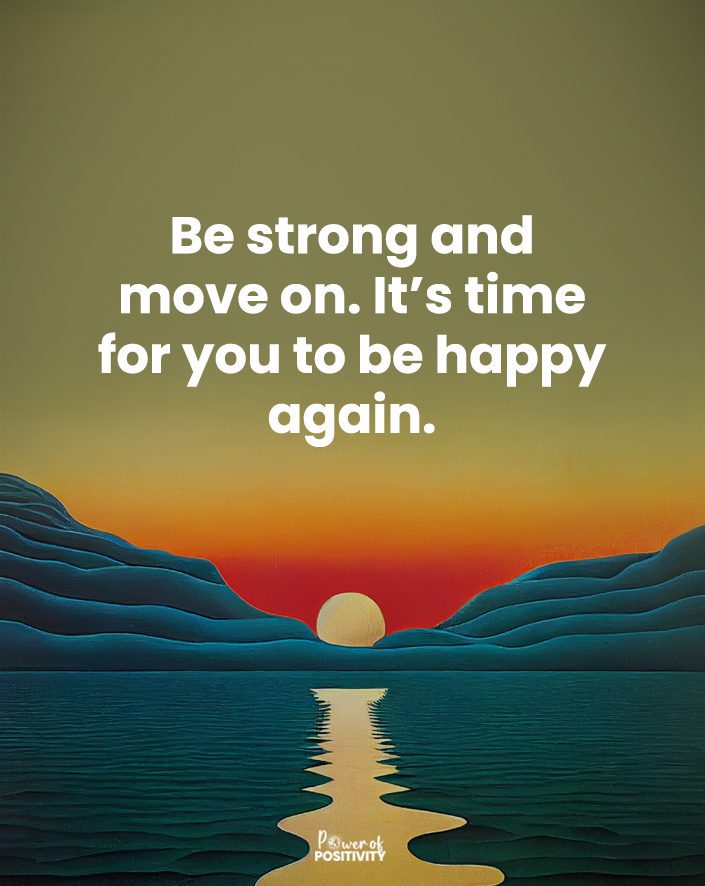Do you drink enough water each day?
Did you know that 25% of kids and teenagers don’t drink ANY as part of their fluid intake?
A surprising number of adults don’t drink enough of this resource, with one study finding that half of Americans don’t get their recommended daily intake of water. Many people down numerous caffeinated beverages throughout the day to stay awake but forget to drink the one liquid that is vital to our survival. Not drinking enough water can pose serious threats to your health, including digestive issues, urinary tract infections, premature aging, and anxiety.
Water makes up anywhere from 55-65% of your body, which means you need a lot of it to stay hydrated. The water in your body becomes depleted when you exercise and do other activities, so replacing it is crucial. Water aids in almost every bodily function, so it gives us life.
As the dehydration epidemic continues to grow, people have been searching for ways to drink more, such as bringing a gallon to work or making smoothies with water as the base. However, even with these attempts to drink more fluids, it’s crucial to recognize the signals from your body that you need more water.
These 5 Things Happen When You Need to Drink More Water
Here are five signs that you need t to hydrate:
1. Your mouth, skin, and eyes feel dry.
One of the most prominent signs you need to up your intake appears on your skin, believe it or not. If you don’t drink enough water, you won’t sweat out all the toxins accumulated on your skin, which means you will be prone to clogged pores, resulting in breakouts. Sweat also helps get rid of internal toxins, and since the skin is our largest organ, many toxins can be removed through it.
Also, if you have trouble producing tears, a lack of hydration could be the culprit. This could be incredibly uncomfortable for those who wear contacts, so make sure you bring a water bottle with you on errands or to work if you have trouble drinking enough water. Getting that dry mouth signals to your brain that you need more hydration, also. Water does so much for our bodies, and in general, that parched feeling you get in your mouth can be felt in other areas of the body.
2. You’re not using the bathroom often, and when you do, your urine is dark yellow or brown.
This one is a massive sign that you need to drink more water. Frankly, many people do not use the bathroom enough times throughout the day, which means toxins are just sitting in their bodies. Water helps flush out these toxins and keep your renal system running smoothly. If you make trips to the bathroom only a couple of times a day, you should consider boosting your intake.
Also, the color of your urine will paint an accurate picture of how much water you’re consuming. If your urine isn’t clear at the end of the day, this shows that you need to guzzle down some more water. Yellow or brown urine is a big sign that you’re dehydrated and means that your body retains fluids to maintain vital bodily functions.
3. You have frequent back and joint pain.
Since your body’s cartilage comprises nearly 80% water, replenishing water after sweating is essential for keeping bones and joints healthy. Water keeps joints lubricated to lessen the effects of strenuous activities or unexpected exertion, such as falling or tripping. In addition, back pain could indicate a kidney infection due to dehydration, so if you have frequent backaches, drink more water throughout the day.
4. You feel overly tired and have wild mood swings.
Water brings oxygen into the body. The more oxygenated your cells, the more alive you will feel. However, if you don’t drink enough water, the body must get oxygen from your blood, creating a deoxygenated environment. When your body doesn’t get adequate oxygen, it starts to operate slower, which means it must work harder to keep functioning. This will inevitably make you more tired, moody, and downright lazy.
5. You’re insatiably hungry, even if you’ve just eaten.
This might seem confusing since hunger pangs usually indicate that you need to eat more food. However, it can also mean that you haven’t had enough water. Dehydration tricks the body into thinking it needs to eat when you feel thirsty. Hunger and thirst cues come from the same part of the brain, explaining this confusion. The best way to differentiate hunger from thirst is to try drinking a glass of water to see if the pain is gone. If it persists, it probably means you need to eat something.
Why Is Water So Important?
Water keeps your body functioning correctly. It’s essential to stay healthy and feel your best–significant for all living things. It covers approximately 70% of the earth’s surface, primarily as oceans or seas.
In school, you learned that water goes through a constant cycle of evaporation, transpiration, condensation, and precipitation and runs off into the ocean. You may also remember realizing that water is composed of two hydrogen atoms and one oxygen atom, or H2O.
Back then, you probably didn’t realize the importance of staying hydrated. Water is vital to your body for several reasons, including:
- Flushing bacteria out of your bladder
- Carrying oxygen and nutrients to your body’s cells
- Aiding your digestive system
- Preventing constipation
- Maintaining a regular heartbeat
- Protecting your tissues and organs
- Cushioning for your joints
- Maintaining your body’s temperature
- Keeping your sodium (electrolyte) balance
- Maintain a healthy weight
Severe Dehydration
Severe dehydration is life-threatening. If you or someone you know experiences these symptoms, they need medical treatment immediately. Signs of severe dehydration include:
- Low blood pressure
- Rapid heartbeat
- Not urinating for eight hours
- Sunken eyes
- Not sweating
- Inability to make tears
- Extreme confusion or disorientation
- Lethargy
10 Hacks To Drink More Water
To stay completely hydrated, most people should drink around four to six cups of water every day. If you have a medical condition that causes you to dehydrate quickly, drink extra water to prevent dehydration. Try these tips to get you over the finish line.
1. Keep your water bottle handy
No doubt, you have several water bottles sitting around your house. Remember to fill them regularly and put them in the fridge. Then, when you’re thirsty, they’ll be chilled and ready for you to use. If you like to carry your water bottle to work or school, remember to refill it during the day to have water when you need it.
2. Drink a little water after each bathroom trip
Start a regular habit of taking a few sips after each bathroom trip. This is a simple way to drink more water every day. It’s easy to forget to drink water until you’re suddenly thirsty. At that moment, it’s tempting to grab a soda. Maintaining a regular habit of drinking water after you go to the bathroom prevents the urge to grab a sugary soda.
3. Ask for a glass of water when you eat out
When eating at your favorite restaurant, opt for a glass of water instead of a soda. You not only reduce your calories but save money because water is usually free at most restaurants. Dropping the soda habit can be instrumental in helping you lose weight.
4. Serve water at meals
Another simple way to increase your family’s and your water intake is to serve water at meals. You may have gotten into drinking something else with your meals. That’s okay, as long as you also include water at each meal. This is especially significant for your kids since kids often forget to drink water during the day. They get so busy playing; that they don’t want to stop for rehydrating. When you include water at every meal, you’ll be sure that your kids are hydrated.
5. Eat water-filled foods
You can increase your fluid intake by eating a wide variety of water-filled foods. Even though drinking water is essential, eating these foods contributes to staying hydrated.
- Watermelon
- Strawberries
- Kiwi
- Pineapple
- Oranges, tangerines, grapefruits
- Celery
- Cucumbers
- Lettuce
- Tomatoes
- Skim milk
- Soups
- Yogurt
6. Eat salty foods, especially in the summer heat
Over the past few years, salt has gotten a bad rap. Sodium is necessary for your body to function correctly. A recent study concludes that several health organizations’ recommendations for a low-sodium diet for the entire population aren’t healthy or necessary. These organizations suggest everyone should eat only 2.3 grams of sodium a day, which, according to this study, is below a healthy range of three grams to five grams of sodium daily.
Researchers say they developed these guidelines without actual evidence that reducing salt on a long-term basis for the entire population would lower cardiovascular disease and death. Surprisingly, no study has proven fewer cardiovascular events with sodium intake as low as 2.3 grams compared to the average amount of three grams to five grams a day. Until more studies prove otherwise, the study suggests that most people should consume three grams to five grams of sodium every day.
So, it makes sense to eat salty foods to increase your fluid intake, especially during the hot, humid months of the summer heat. When it’s hot outside, you sweat more. This fluid loss causes you to lose fluids. You need to drink more water to replace your fluids. Salty foods make you thirsty, so you drink more in the hotter months of the year. The healthiest salty foods include foods such as:
- Salted nuts
- Sardines
- Olives
- Sweet potato chips (homemade)
- Goat cheese dip
- Veggie chips
- Avocado slices salted
- Popcorn with sea salt
- Kale chips with sea salt
7. Drink herbal teas
Herbal teas come from dried flowers, herbs, or seeds of plants. They are caffeine-free, so don’t dehydrate you as caffeinated drinks do. A cup of herbal tea is the same as a cup of water. Herbal teas are delicious hot or cold. They are great ways to increase your fluid intake.
8. Drink water after your workout
When you work out, you lose fluids through sweat. Drinking water after you exercise replaces these fluids. You’ll sweat even more if you exercise outside, especially on humid summer days. Be sure to drink enough throughout your workout and after your workout to ensure you replace the fluids you lost.
9. Set water intake goals
Most people should drink anywhere from four to six cups of water daily. If you take certain medications or have a health condition that causes you to be susceptible to dehydration, drink extra water. These conditions include:
- Diabetes
- Kidney disease
- Addison’s disease
- Having an infection that causes fever
- Cystic fibrosis
- Cancer treatments like radiation or chemotherapy, or surgery
- Certain medications
Other sudden reasons that cause you to become dehydrated:
- Diarrhea
- Vomiting
- Fever
- Excessive sweating
- Increase in urinating
10. Keep track of your progress
You can evaluate at the end of each day to see if you drank enough water. There are numerous tracking apps for your smartphone to monitor how much water you drink every day. You can set goals, check your status, and keep a chart of your 30-day progress.
Some sport infuser bottles indicate ounces and times of the day. So, at every hour, you drink several ounces of fluid. The gauge on the outer portion of the bottle shows your progress.
Many other gadgets help you keep track of your intake, such as hydration watches, smartphone alerts, and hydration reminders that you stick inside your water bottle.
Final Thoughts On Drinking Enough Water
It’s easy to forget how important water is for your body. You may have learned a lot about water when you were young, but you probably didn’t fully understand the significance of staying hydrated. Of course, today, you know how water affects your body. Staying hydrated helps your body to function correctly and prevents health problems. If you have a hard time remembering to drink water during the day, we hope this information will help you. Even if you implement only a couple of these hacks, you’ll see a difference. Staying healthy and feeling your best is worth the extra effort it takes to drink water throughout your day.










